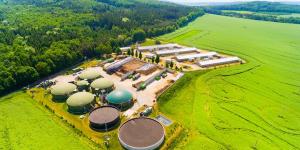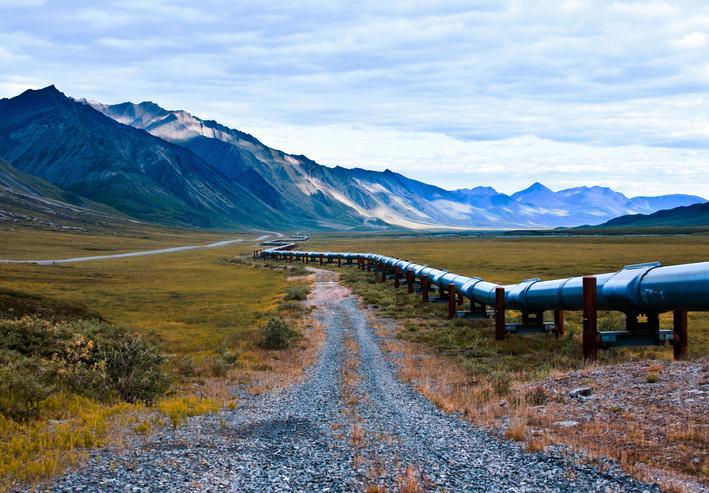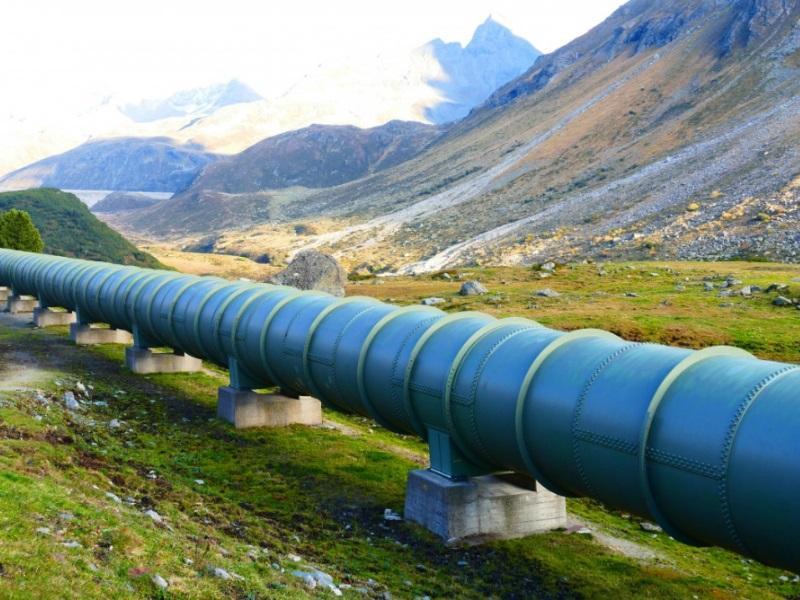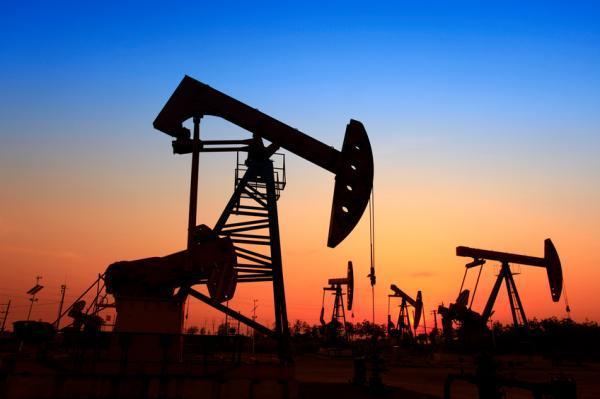Is Natural Gas a Fossil Fuel?

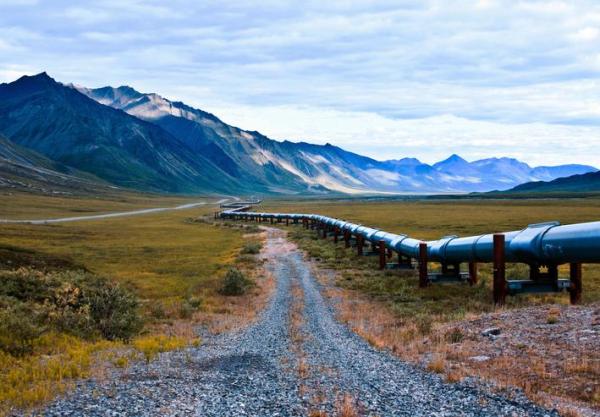
Natural gas is a versatile energy resource that plays a crucial role in meeting the world's energy demands. Derived from deep within the Earth, natural gas has become a significant player in various sectors, from residential heating to electricity generation and industrial processes. One such question revolves around its status as a fossil fuel. To better understand the nature of natural gas, it is essential to examine its origin, composition, and extraction methods.
In this article, thedailyECO delves into the definition of natural gas, clarifying its classification as a fossil fuel, exploring its versatile applications, and examining its environmental impact.
What are fossil fuels?
Fossil fuels are carbon-rich energy sources that are derived from the remains of ancient plants and organisms. They are formed over millions of years through geological processes such as heat and pressure acting on organic matter buried deep within the Earth's crust.
The three primary types of fossil fuels are coal, oil, and natural gas. These fuels have been widely used for centuries to meet various energy needs due to their abundance, energy density, and ease of extraction.
Fossil fuels are non-renewable resources and their combustion releases carbon dioxide (CO2) and other greenhouse gases into the atmosphere, contributing to climate change.
Why is natural gas a fossil fuel?
Natural gas is a gaseous mixture primarily composed of methane (CH4), along with smaller amounts of other hydrocarbons, such as ethane, propane, and butane.
Natural gas is considered a fossil fuel because it is derived from the remnants of ancient organic matter that have undergone geological processes over millions of years. These processes involve the burial and transformation of organic material, such as dead plants and marine organisms, under high pressure and heat. Through this transformation, the organic matter is converted into natural gas.
You might be interested in this other article, where we delve into the concept of fossilization, exploring its processes, types, and distinctive characteristics.
How did natural gas form?
The formation of natural gas is a complex geological process that occurs over millions of years. It begins with the accumulation of organic matter, such as dead plants and microscopic marine organisms, in ancient oceans, swamps, and other environments. Over time, these organic materials get buried under layers of sediment.
As the layers of sediment build up, they exert immense pressure and create high temperatures in the deeper regions of the Earth's crust. This process, known as diagenesis, causes the organic matter to undergo physical and chemical changes. The heat and pressure drive a transformation called maturation or thermal cracking.
This process breaks down complex hydrocarbon compounds, resulting in the formation of natural gas, primarily methane, along with smaller amounts of other hydrocarbons like ethane, propane, and butane. The specific composition of the natural gas depends on factors such as the type of organic matter and the conditions of its transformation.
Over time, the newly formed natural gas migrates through porous rock formations, such as sandstone or limestone, due to its buoyancy. It tends to accumulate in reservoirs, which are porous and permeable rock structures that trap the gas, preventing its further migration.
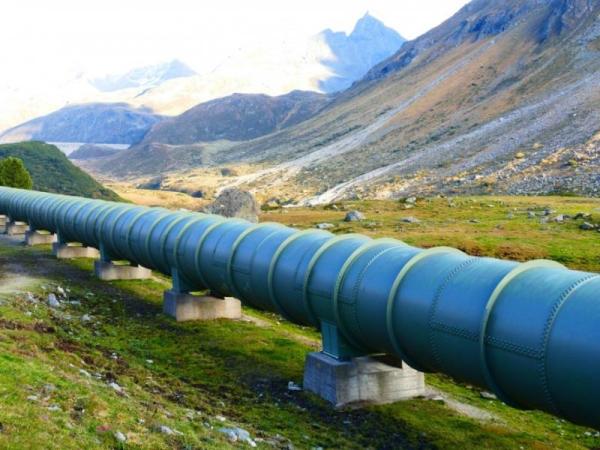
How is natural gas extracted?
Natural gas extraction involves a series of crucial steps. It's worth noting that extraction methods may differ depending on the characteristics of the specific reservoir being tapped into.
It begins with exploration, where geologists employ advanced techniques to identify potential reservoirs. Once a promising site is located, drilling operations commence.
These drilling rigs bore deep into the ground, penetrating layers of rock and sediment. The completed wells are then carefully sealed with durable casings and cement to ensure stability and prevent gas or fluid leakage.
Natural gas can either flow to the surface naturally, propelled by the pressure within the reservoir, or artificial lift methods may be employed to assist in bringing the gas to the surface. These methods can include pumps or compression techniques, ensuring a steady flow of gas.
After the gas reaches the surface, it is transported through pipelines to nearby processing facilities. At these facilities, various impurities, such as water, carbon dioxide, and sulfur compounds, are meticulously removed from the gas through a range of purification processes.
Once the gas has been processed and purified, it is ready for distribution. An extensive network of pipelines allows for the efficient transportation of natural gas to end-users, such as residential, commercial, and industrial consumers. In certain cases, natural gas may also undergo liquefaction to convert it into liquefied natural gas (LNG), enabling its transportation over long distances.
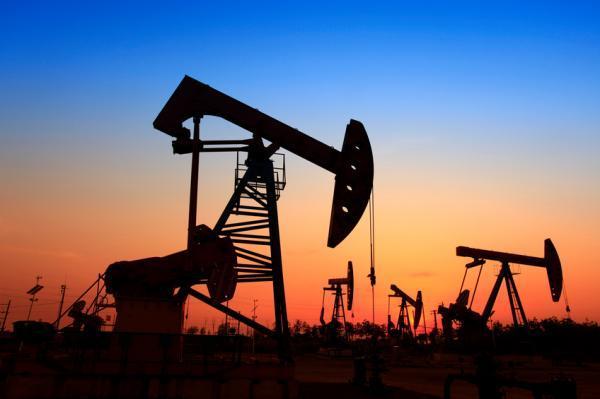
What is natural gas used for?
Natural gas is a versatile energy source used for various purposes across residential, commercial, and industrial sectors. The versatility, abundance, and relatively lower carbon emissions of natural gas compared to other fossil fuels make it an important energy source in the transition towards a cleaner and more sustainable energy mix. Here are some common applications of natural gas:
- Heating and cooling: natural gas is extensively used for space heating, water heating, and cooking in homes and buildings. It is also utilized in heating systems for swimming pools and spas. Additionally, natural gas can power absorption chillers for cooling purposes.
- Electricity generation: natural gas plays a significant role in electricity generation. Gas-fired power plants produce electricity by burning natural gas, which drives turbines to generate power. This method is highly efficient and emits fewer pollutants compared to coal-fired power plants.
- Industrial processes: many industries rely on natural gas as a fuel and feedstock. It is used for processes such as heating, drying, and powering equipment in manufacturing, food processing, chemical production, and other industrial operations.
- Transportation: natural gas is utilized as a transportation fuel in the form of compressed natural gas (CNG) and liquefied natural gas (LNG). CNG is commonly used in buses, taxis, and fleet vehicles, while LNG is used for long-haul trucks and ships.
- Fertilizer production: natural gas is a key ingredient in the production of ammonia-based fertilizers. It serves as a feedstock in the Haber-Bosch process, where it is combined with nitrogen to produce ammonia, a critical component of fertilizers.
- Petrochemical industry: natural gas is a feedstock for the petrochemical industry, where it is used to produce various chemicals, plastics, and synthetic materials.
- Combined Heat and Power (CHP): natural gas cogeneration, also known as CHP, involves simultaneous generation of electricity and useful heat. This process is highly efficient and commonly used in large buildings, hospitals, and industrial facilities.
- Cooking and appliances: natural gas is preferred by many for cooking due to its instant heat and precise temperature control. It is also used in appliances like clothes dryers and fireplaces.
Don't miss out on our other article where we delve into the process of electricity generation.
What are the environmental impacts of natural gas?
While natural gas is considered a cleaner-burning fossil fuel compared to coal and oil, it still has environmental impacts throughout its life cycle. Here are some key considerations:
- Greenhouse gas emissions: when burned, natural gas emits fewer greenhouse gas (GHG) emissions compared to coal or oil. However, it still releases carbon dioxide (CO2), the primary GHG responsible for climate change.
- Air quality: natural gas combustion produces fewer air pollutants, such as sulfur dioxide (SO2), nitrogen oxides (NOx), and particulate matter, compared to coal and oil. This results in improved air quality and reduces the formation of smog and respiratory health issues. However, natural gas extraction and infrastructure activities can emit pollutants like volatile organic compounds (VOCs) and hazardous air pollutants (HAPs).
- Water usage and contamination: the extraction technique known as hydraulic fracturing (fracking) requires large volumes of water mixed with chemicals to fracture shale formations and release natural gas. This can put pressure on local water sources, especially in water-stressed regions. Additionally, improper handling and disposal of fracking wastewater can lead to water contamination if not properly managed.
- Habitat disruption and land use: natural gas extraction can require significant land use, particularly for drilling rigs, pipelines, and associated infrastructure. This can result in habitat fragmentation, disruption of ecosystems, and loss of biodiversity.
- Indirect environmental impacts: the production and transportation of natural gas require energy and resources, contributing to indirect environmental impacts. These include energy consumption during drilling, construction of pipelines, and the potential for accidents or leaks during transportation.
You might be interested in this other article, where we discuss the main characteristics of renewable and non-renewable energies, as well as their differences.
If you want to read similar articles to Is Natural Gas a Fossil Fuel?, we recommend you visit our Non-renewable energy category.




